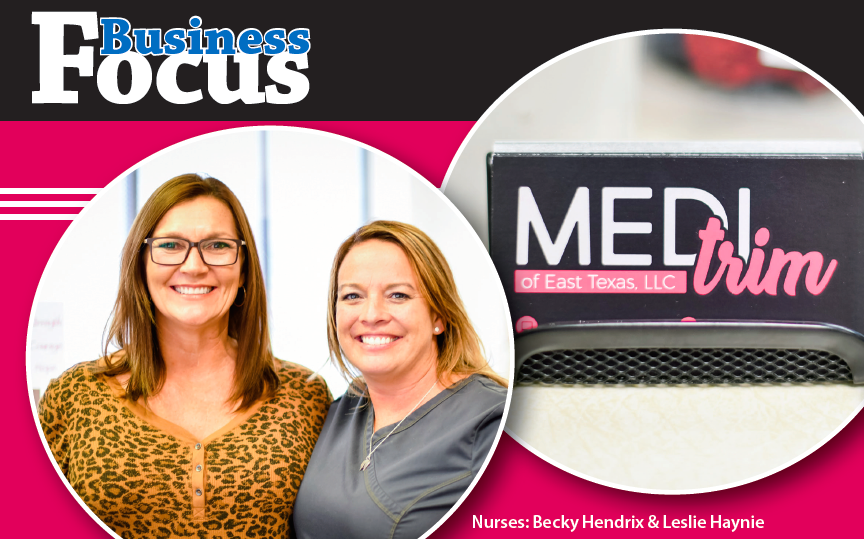The determinant that correlates with an individual’s cost of healthcare is health literacy. A number of first-rate studies show feeble health literacy is associated with poorer utilization of health care services, substantially higher costs, and (EVEN WORSE) poorer outcomes. OMG! After all, we are the instigators of our health care– not the insurers, docs, and certainly not the government. In this available space, I shall focus on the most obvious health literacy cost issues.
The Institute of Medicine is one of the most authoritative sources of medical-related info. This is how they define Health Literacy: “The degree to which individuals have the capacity to obtain, process, and understand basic health information and services needed to make appropriate health decisions.”
The cost of medical care varies considerably, and more costly often does not mean superior. Clearly, folks do not want to scrimp concerning their health, but paying more for the same products or services is not the way to conduct
your medical care delivery.
Generic drugs prices average 20% of brand named ones because they don’t share the cost of development and FDA approval. Are generic users settling for less quality? No, not at all. The FDA has stringent criteria for the approval of generic medications. The chemical composition of active ingredients must be identical, and the absorption must be the same. This means the drug works the same way and is absorbed in the same amount. Over 2,000 generic absorptions into the body were compared to the costly ones, and the generics averaged 96.5%, which provides the same clinical results as the brand name. Further, in dozens of medical studies, outcomes were compared and were identical in every study. GO GENERIC.
Comparison shopping is always a levelheaded approach, especially in regard to repetitive needs. Forget the most convenient paramount routine; the closest pharmacy may be more expensive. Even check to see how online pharmacies match up.
Also, compare prices when buying over-the-counter meds. Usually, if the brand is the store’s where you are purchasing the meds, the price will be lower.
There are several no-win situations with health insurance. Find out if your insurance has a network of physicians and hospitals and if you pay more if they are out of network. This is especially true when emergency care is needed. There is little worry when one has Medicare coverage; those providing care to seniors have no choice but to accept, because of the vast number of enrollees (currently 44 million and continuing to rise).
If you need care before you can get an appointment, there are two choices: urgent care or emergency care. Acute, possibly serious situations such as chest pain or a serious fall need an emergency room visit. However,
relatively minor situations such as a sore throat or bad cold can be treated effectively at an urgent care office. The urgent care visit will cost much less and be just as beneficial.
Revisit older recommendations @ drjimshealthtips.com.



